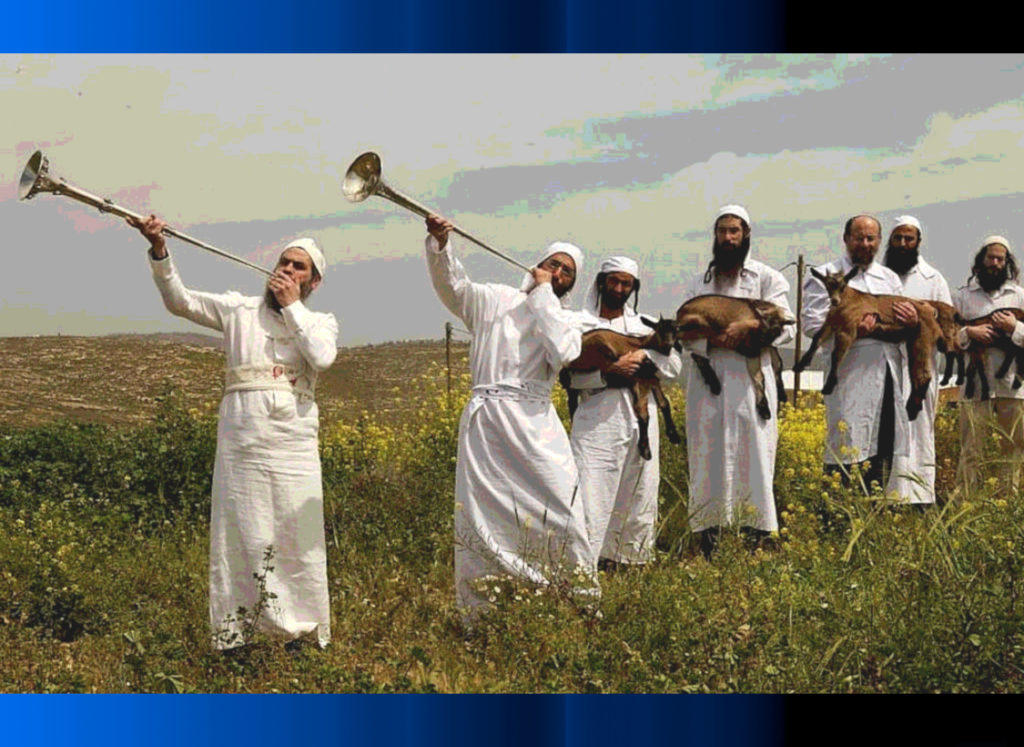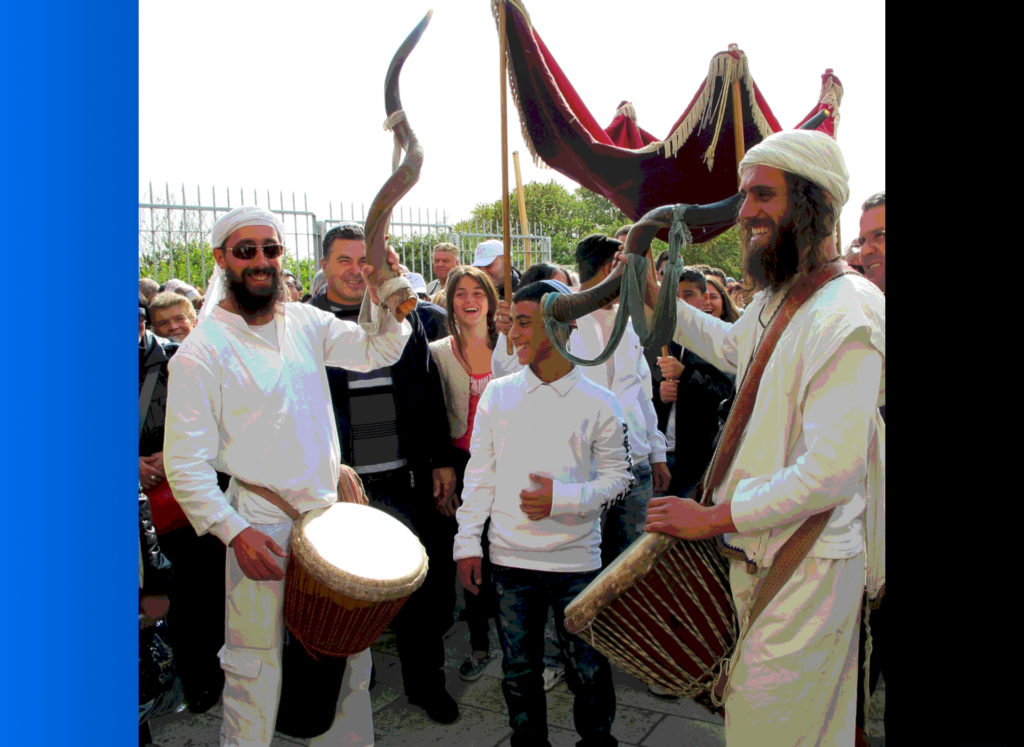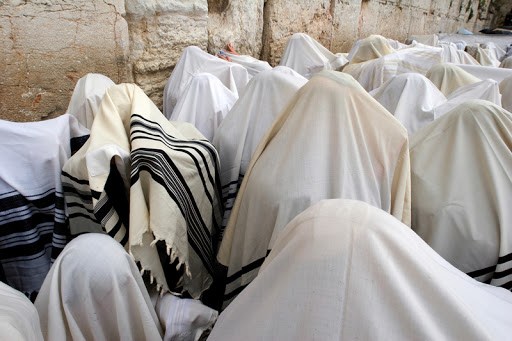
(2 – 3 Minute Read)
Leviticus 21:1-24:23
The Torah portion, or parasha, of Emor, first begins with a detailed set of commandments ensuring that the kohenim, or Levitical priests, maintained a perpetual state of heightened purity. Following that discussion, the Holy One, Blessed Be He, outlined the seven Torah-based chagim, or festivals. He also clarified what should be done to a man who had intentionally blasphemed the Holy Name. [Spoiler alert: It wasn’t good…]
In the first two chapters of Emor, G-d explains His expectations for the kohenim, or Levitical priests, as well as the common Jewish person who is presenting an offering. In a nutshell, the Levitical priests were to maintain high standards for their marriages and personal conduct in an effort to avoid impurity. Similarly, the standard Jewish person was likewise instructed to only bring acceptable sacrifices and to avoid pagan and idolatrous customs, especially those prevalent among the Canaanites and their neighboring nations.
One of the primary aspects of Emor is an extensive detailing of the Jewish festivals, or chagim. The Almighty laid out the Jewish calendar of holidays, ranging from Pesach, or Passover, to Sukkot, or the Feast of Booths. An interesting aspect of these festivals that is unique to Judaism is that the Jewish people are commanded to refrain from working, rest completely, and to enjoy ourselves. For instance, in Leviticus 23:24-25, we read:
“… In the seventh month, on the first day of the month [i.e. Rosh HaShanah], you shall observe complete rest, a sacred occasion commemorated with loud blasts [of the shofar, or ram’s horn]. You shall not work at your occupations…”

The purpose of the Torah is to prove a set of guidelines for the Jewish people to connect with the Most High and to properly interact with each other in our communities. In that framework, G-d told the Jewish people to take a significant portion of time out of our lives and devote that time exclusively to Him and our communities. This is an idea that originated with Judaism and in many ways is still unique to Judaism: building and maintaining a relationship with G-d and our communities requires an investment of quality time. The Holy One, Blessed Be He, has commanded us to spend quality time with Him and our Jewish communities in a joyous manner. If we add all of the Shabbat days and yom tov days together, then a Torah-observant Jewish person could be dedicating as much as one-fifth of their life to connecting with G-d and their communities (depending on varying calculation factors).
There are multiple ingredients that are needed to have a healthy, functioning relationship in any context. But one of the most important is spending quality time with one another. Many married couples have noted that their relationship can become more difficult to maintain when spending time with each other loses its priority status. Accordingly, numerous couples have emphasized that spending quality time with each other with “date night” and other similar activities has significantly improved the quality and caliber of their relationship. In a similar sense, the Almighty was seemingly aware that “quality time” was an integral part of building and maintaining our personal and intimate relationship with our Creator, as well as functioning in a healthy manner with our communities.
May the Holy One, blessed be He, enable us to find innovative solutions to maintain our community relationships. And may the Holy One, blessed be He, grant us to maximize every opportunity to connect with Him and our families in a more direct and intimate way by means of “quality time.”



